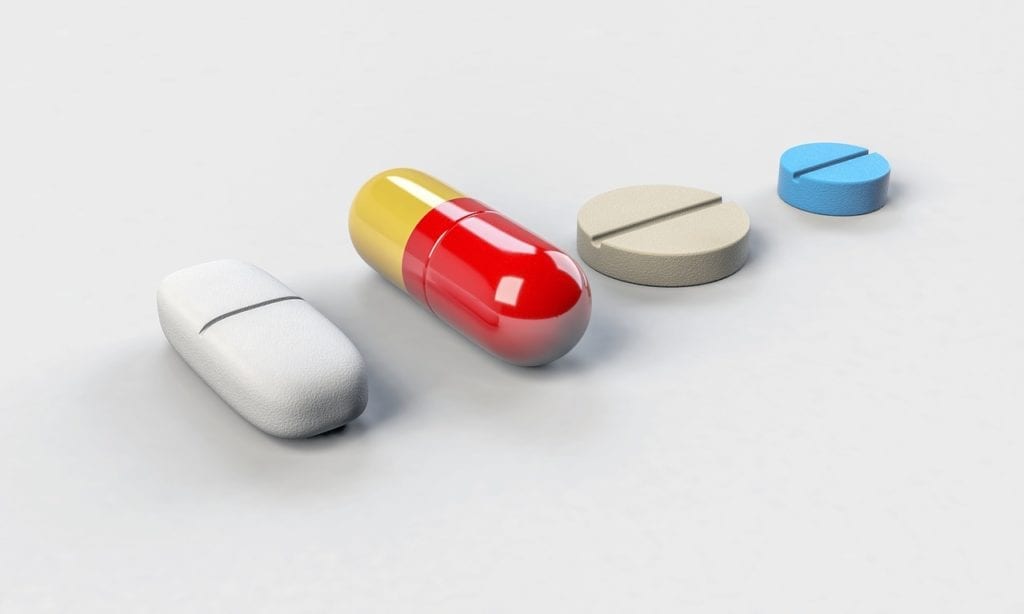MedicNova Inc. has announced the results of subgroup analyses after a finished clinical trial. The trial was designed to evaluate MN-166 (ibudilast) as a possible treatment for amyotrophic lateral sclerosis (ALS). The original source article can be read here, at Globe Newswire.
About ALS
ALS is a neurodegenerative disease in which nerve cells called motor neurone cells in the brain and spinal cord are damaged and eventually stop functioning. When these cells stop working, the brain is no longer able to send messages to the muscles that allow them to be consciously controlled. This is why people with ALS may have difficulty with movement, speaking, eating, and breathing.
About the Clinical Trial
The study, carried out by MediciNova in collaboration with members of the Carolinas HealthCare System Neurosciences Institute, took place over six months, with an additional six-month open-label extension. It was a randomised and double-blind study in which the effects of the drug MN-166 were compared to those of a placebo. Patients who took part were given 60mg of MN-166 each day, and 100mg of riluzole.
The data from the study has been broken down into sub-groups and analysed. One sub-group of 31 patients was the ‘Early ALS sub-group’. People in this group had bulbar or upper limb onset without non-invasive ventilation. A second group was the ‘Early ALS + NIV subgroup’, which included 39 patients with bulbar or upper limb onset with and without non-invasive ventilation (the original article has more information about these groups). During the analysis, ‘responder’ patients were defined as those whose score didn’t worsen after the six-month trial.
The Results
The researchers found that more patients taking MN-166 were ‘responders’ on several scoring measures (the ALSFRS-R score, the MMT score, and the ALSAQ-5 score) than patients taking the placebo.
The ALSFRS-R score involves twelve questions designed to measure functional activity and disease progression. In both of the two subgroups, patients taking MN-166 were found to be more likely to be responders than those taking the placebo.
The ALSAQ-5 score measures various things, including physical mobility, emotional functioning, and daily activities. Based on this questionnaire, more people taking MN-166 were responders than those taking the placebo in both groups.
The third test, called the MMT (manual muscle testing), is a measure of muscle strength. In the early ALS group, 35% of people taking MN-166 were responders, whereas 18.2% of the placebo group were. In the Early ALS + NIV subgroup, 34.6% of people given MN-166 were responders, compared to 23.1% of those taking a placebo.
Based on these results, MediciNova is planning to continue investigating MN-166 as a potential treatment for patients with ALS and has requested to meet with the FDA to discuss a second trial.






